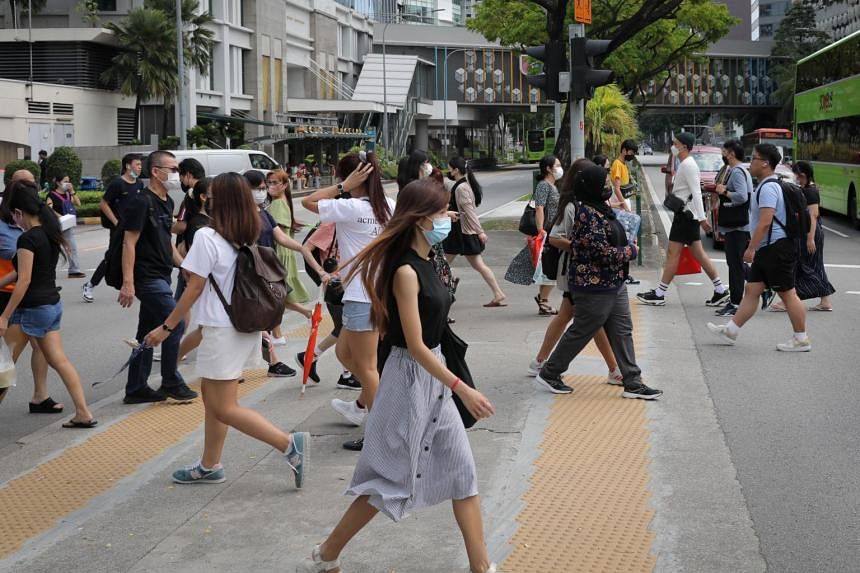SINGAPORE - A cartoon insulting Islam would never be allowed to be published in Singapore in the name of free speech, said former top civil servant Yeoh Chee Yan on Saturday.
She was referring to the 2015 shootings in France where 12 people were killed and 11 more wounded by extremists in response to controversial depictions of the Prophet Muhammad in satirical magazine Charlie Hebdo.
Protecting minority sensitivities in this way is part of Singapore's "playbook" on governing a multi-religious society, where the Government plays a role of arbiter between different communities and sets clear boundaries to protect cohesion, said Ms Yeoh.
She was the permanent secretary at the Ministry of Culture, Community and Youth from 2012 to 2018.
Ms Yeoh, who is now chairman of the National Heritage Board, was speaking on the second day of the International Conference on Communities of Success, held at Raffles City Convention Centre and organised by the Islamic Religious Council of Singapore (Muis).
The inaugural conference gathered 500 participants from around the world to outline, promote and engage participants on positive narratives and the ideal characteristics of successful communities.
It also aims to inspire Muslim communities to embody the spirit of good character, competency and active citizenry, said Muis in a statement on Friday.
In January, Minister-in-charge of Muslim Affairs Masagos Zulkifli said a book on political cartoons was banned here because it is unacceptable in Singapore to publish caricatures and insulting images of the Prophet.
It was authored by Hong Kong Baptist University's professor of media studies Cherian George and graphic novelist Sonny Liew.
Speaking alongside Ms Yeoh on Saturday at a panel discussion on enhancing social cohesion, Mr Masagos said one thing Singapore got right for the Malay/Muslim community is the building up of its institutions quickly after independence.
He said: "At the stroke of midnight (on Aug 9, 1965), Muslims here suddenly became a minority."
But leaders then found legal and community institutions, in the form of Muis - founded in 1968 - and the Administration of Muslim Law Act in 1966, which helped safeguard their rights, he said.
Mr Masagos said: "My point is that at a crossroads, you have to make choices... but always in our context, in deference to what is also operative around us...
"We have now come to a point where we live in a land where we can make the rules."

Dutch politician Nourdin El Ouali, who was at the conference on Saturday, said the event was interesting as it showed him one way a Muslim minority community can operate in and contribute to a secular society.
Muslims form about 5 per cent of the population of the Netherlands.
Mr Nourdin, a Muslim, added that looking at how other societies cope with universal challenges was inspirational for him.
He said: "We are seeing polarisation, rising populism and people pulling at different directions. We need to harmonise and find a way to enhance social cohesion."


